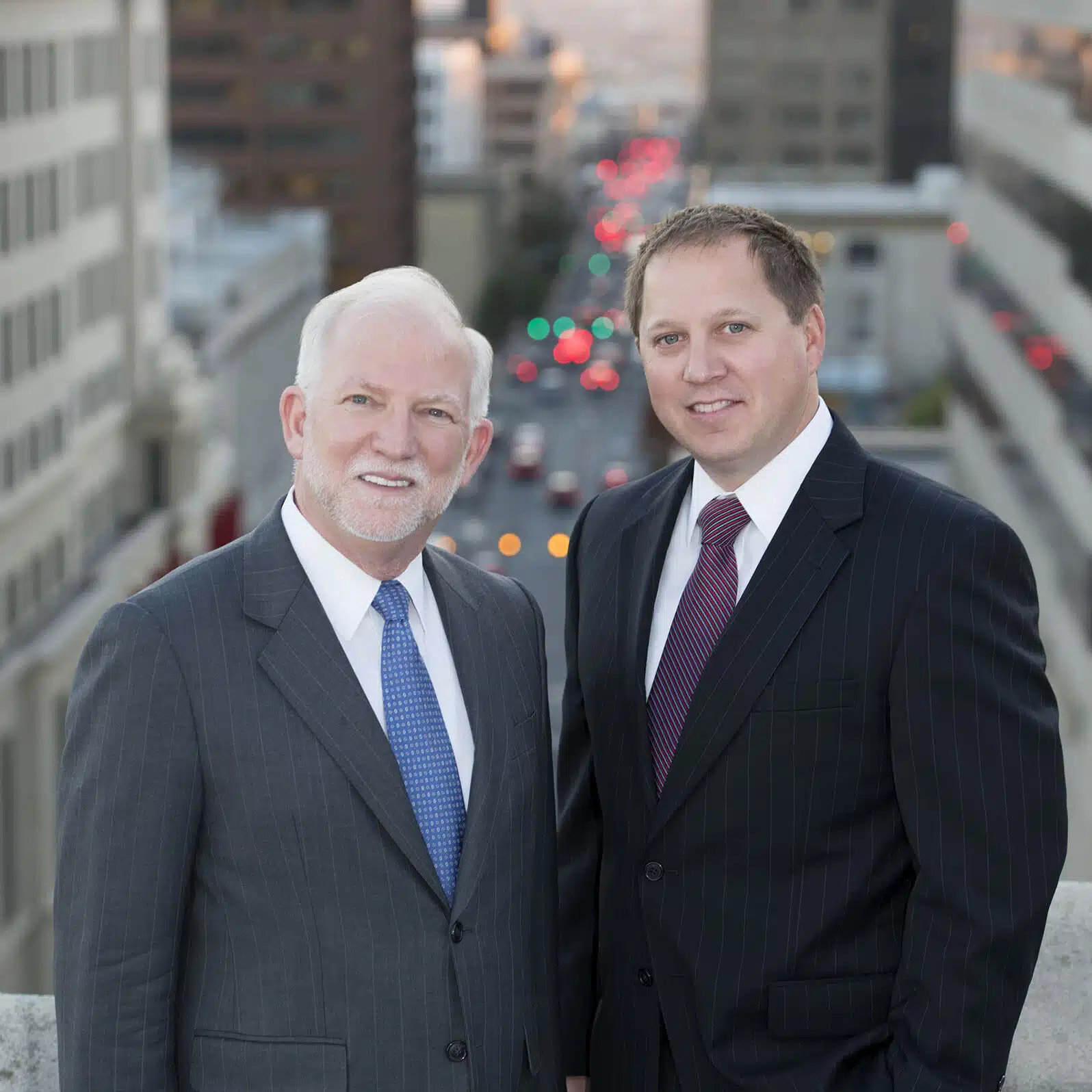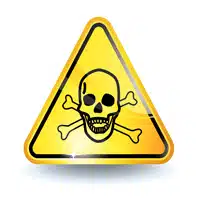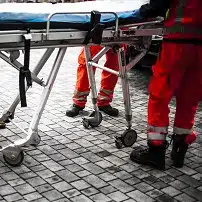Laws about liability exist to protect defendants from being held legally responsible for events beyond their control. In order for a person to be held liable for a car accident, they must have acted negligently in some way. However, what happens if a person was not physically able to prevent an accident, such as a medical condition? This happens in many car accident cases, and it is important to review what could occur.
How Does Negligence Apply in Car Accident Cases?
Every driver owes a duty of care to other motorists. All drivers must operate their vehicles safely in order to prevent accidents and injuries. If a driver’s careless actions caused an accident, they could be held liable. For example, if a drunk driver caused a collision, they are responsible for the accident, injuries, and property damage. The decision to drive while intoxicated disregards the duty of care. A drunk driver would be negligent because they failed to fulfil their obligation to drive safely.
Why is a Medical Condition Different?
If a driver passed out while driving and caused an accident, it would seem logical that this person caused the collision. However, the driver might not be liable for an accident because they had an unknown medical condition.
In such cases, a sudden medical emergency defense may be employed to shield the driver from liability in the accident. This defense holds that a person who loses control of their vehicle due to an unforeseen medical issue cannot be held responsible for a resulting accident. This is because the driver was not negligent. For example, a driver who had a heart attack and caused an accident would not be responsible for the collision.
Can Liability Still Apply in Spite of a Sudden Medical Emergency?
A driver who had a sudden medical emergency would not be responsible for an accident; however, it can be argued that the driver was aware of or unaware of a medical condition. For example, a driver who knows they suffer from a malady that has the potential to flare up spontaneously may be liable for a collision, especially if they were warned by a doctor that it is unsafe to drive.
What Medical Conditions can Cause Car Accidents?
Many medical conditions can cause collisions. Some common health factors that impair drivers include:
- Epilepsy or seizure disorders
- Heart disease
- Low blood sugar or diabetes
- Poor eyesight
Many states restrict driving privileges on the basis of certain medical conditions. Often, serious conditions, like extremely poor eyesight, must be listed on a driver’s license.
What Must be Proven to Use a Sudden Medical Emergency Defense?
If a driver claims the sudden medical emergency defense, the burden of proof is on them to show that they were not negligent in causing the accident. In order to achieve this, they must prove the following:
- They lost consciousness before the accident.
- The loss of consciousness is the reason they lost control of their vehicle.
- The loss of consciousness was caused by an unforeseeable medical event.
Proving that loss of consciousness occurred as a result of a sudden and unforeseeable medical emergency is not an easy task. It must be proven that the medical event was sudden. If a driver felt uneasy before an accident, it could be proven that they had enough time to safely pull over and stop driving.
Additionally, an unforeseeable emergency implies that the driver had no previous knowledge of the condition they claim caused the accident and no warning about the dangers. If the driver was aware of these factors or if they have a history of incapacitating episodes, the sudden medical emergency defense will not hold up in court.
Can a Disabled Person Claim a Sudden Medical Emergency Defense?
A person with a known disability, such as a prosthetic limb, may not claim this defense because their condition is not an unknown. If a malfunction of a prosthetic or an assistive device caused an accident, the driver may or may not be held accountable. It is possible that the liability for the accident may lie with the manufacturer of the device, freeing the driver from liability. The medical emergency defense is not applicable in this instance. However, if the driver was given doctor’s orders to install a device to help with driving but failed to do so, they might be held liable.
Negligence is hard to determine in these cases, so it is crucial that a car accident victim contacts a lawyer right away. A lawyer will review the facts of the case and help the victim file a personal injury claim if they are eligible for compensation.
Wilmington Car Accident Lawyers at Rhoades & Morrow Help Crash Victims Prove Liability in Order to Obtain Compensation
Determining liability in car accident cases is difficult, especially if medical conditions are involved. If you were injured in a car accident that was caused by a negligent driver, you may be able to collect damages. Our Wilmington car accident lawyers at Rhoades & Morrow protect car accident victims. We can help you collect compensation. Contact us online or call us at (302) 422-6705 for a free consultation today. Located in Wilmington, Bear, and Milford, Delaware, we serve clients throughout Middletown, Dover, Milford, Hillsborough, Lewes, Rehoboth, Elsmere, and Seaford.





